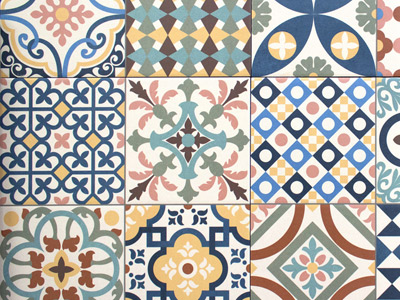
Comprehension - I Can Read Spanish! (Quiz 4)
This fourth Spanish Easy Review comprehension quiz is going to continue to help you review your ability to read Spanish. That also means that you have now made it half way through the series of Comprehension: I Can Read Spanish! quizzes.
Each quiz in the series has been set up to help you realize just how far along you have come in learning a new language. Even if this series seems a little difficult, you can always go back to the previous Spanish Easy Review quizzes and restudy the areas that have presented some confusion for you.
Word structure or the order of words can take some time to really become comfortable with.
Ready for more?
not all...
quizzers. Try to win a coveted spot on our Hall of Fame Page.







